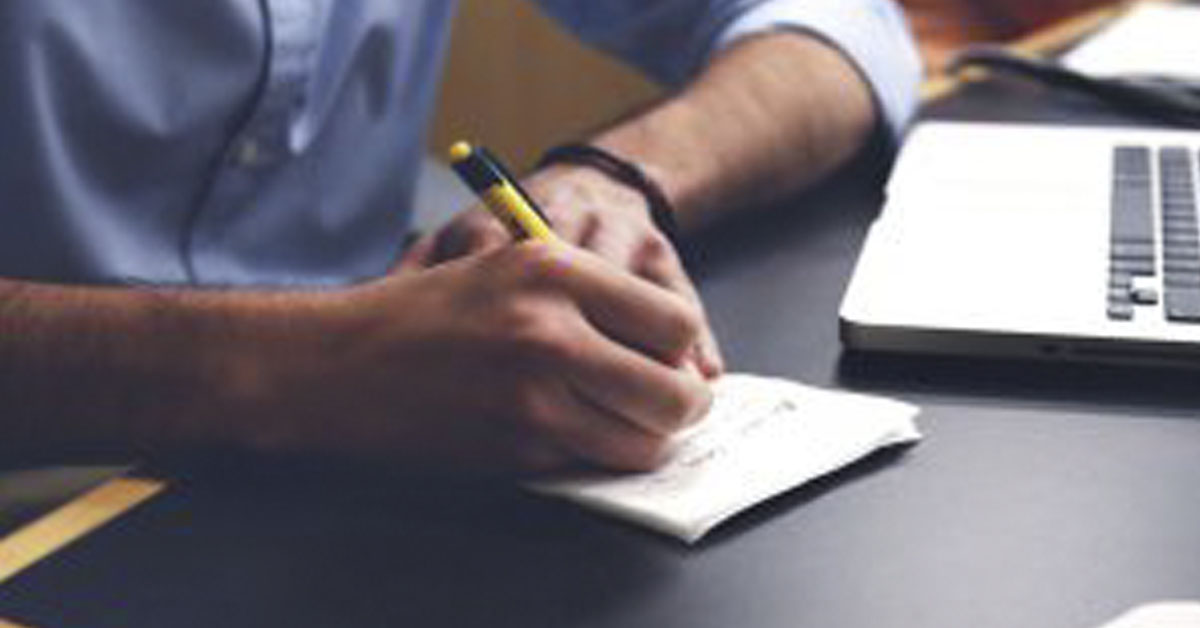Here's Why You Should Check Your Bank Account More Often | Stewart Title Blog

How often do you reconcile your checkbook? Studies show that most of us don’t check our bank account often enough and that there is a significant part of the population who still use checks to pay bills. Yet, we still don't realize the amount of effort it takes to deal with a compromised bank account.
Here is the story that happened to one of our own, who for the sake of this example, we’ll call diligent Debra.
One day Debra noticed an unrecognized withdrawal from her account. She rushed to the bank and requested a copy of the check. To her surprise, she was presented with a counterfeit check that had her account number on the bottom, a fake owner name, and a fake signature. By law, banks don't require payee verification. The automated system processes many of these checks with no human involved. As long as the routing and account number match and the account has a balance to cover the draft, the bank will clear the transaction. I will let her explain the rest of it.
_"For the past two weeks, I’ve had to deal with blocking that 30- year- old checking account. I’ve dealt with having checks written against that account being "pushed through" only by a manager, not allowing ANY debits to that account, opening a new account, getting a new ATM card FedEx'd to me, notarizing documents and alerting any automatic deduction or deposit entities (including government and payroll)"._
Despite the loss, she was lucky she spotted the fraud activity quick enough. Fortunately, her vigilance and regular oversight led to quick detection and response.
Can this happen to you? Absolutely. Checks get stolen from the mailboxes or from being improperly disposed of after processing. If you use your bank account for electronic payments, your information can be compromised online and you wouldn't even know. If you improperly dispose of used checkbooks or carbon copy, your account information is still there. With modern technology (phones), your check can be photographed by a stranger even while you’re at the bank.
The following tips can help you avoid a loss and consequent headache:
- Use credit (not debit) cards instead of writing checks when possible. You have zero liability for fraudulent transactions on a credit card
- User bill-pay (offered by most banks) for any bills you can't pay with a credit card. If you use the credit card to pay your bills automatically, you can use bill-pay or set up direct payment to clear your credit card bill.
- If you link your bank account for payment, set up a "swift account." Most banks will allow you to have multiple accounts. Set up a new account that you use for electronic transactions only. There you can keep the amount slightly over what you used for electronic payments. Because you will have to provide that account to (i.e., credit card) vendors, it has a higher risk to be stolen. Use the same methodology if you still want to use checks. Keep your account slightly over what you need to cover in checks
- Safeguard your debit card. It is directly linked to your checking account
- Check if your bank offers transaction alerts. Larger banks will allow you to set thresholds for transactions and get alerts when your account is triggered
Remember your bank account is like your house. Once the intruder gets inside while you’re not there, they can empty the house in a matter of minutes.
I hope it will never happen to you.
Stay vigilant.
